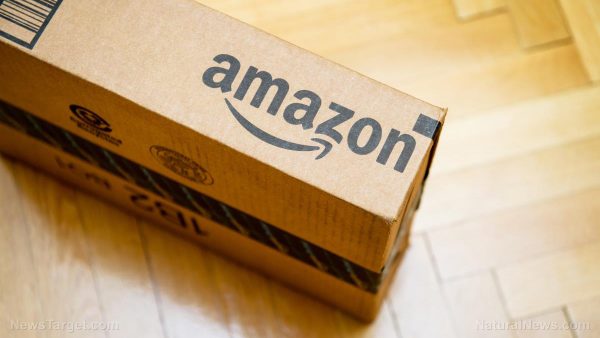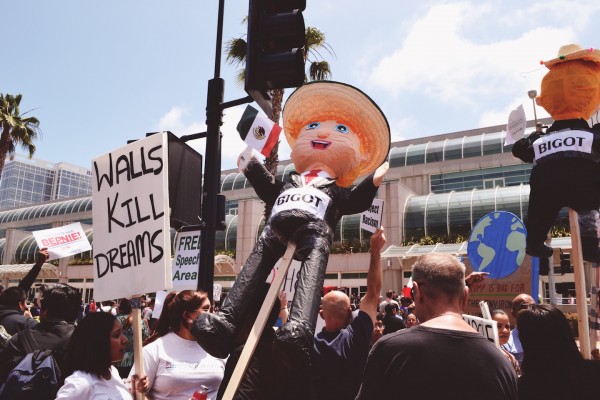There are lots of chemicals to worry about in the foods on our grocery stores’ shelves, whether it’s the pesticides on our fruit and vegetables or the unpronounceable preservatives found in pretty much everything on the lunchmeat and snack aisles. However, a new tactic that ISIS is believed to be planning could make those chemicals look relatively tame by comparison.
According to Zero Hedge, ISIS is calling on sympathizers to poison food in American supermarkets by injecting it with cyanide. Documents discovered when Mosul University was recaptured by special forces from Iraq indicate that they have already tested out the idea in Nazi-like experiments using prisoners, and it resulted in some very painful deaths.
They are calling for attacks in the U.S. as well as Europe and Russia to coincide with the “sacrifice feast” of Eid al Adha. While the group has mostly employed assault rifles, trucks and knives in the past, it now appears they are widening their scope in hopes of causing as much chaos as possible.
SITE Intelligence, a jihadi monitoring group, said that the third part of a series in English encouraging lone-wolf jihad in countries in the West encourages attackers to use this tactic. Pro-ISIS groups have created handbooks that explain how attackers can make their own poison. They have publicized this potential approach for many years, but it hasn’t been used in any major attacks yet.
Unsuccessful attempts
However, one jihadist was reportedly planning this type of attack before being caught. A 22-year-old from San Francisco who had spent time in Yemen, Amer Sinan Alhaggagi, was hoping to “redefine terror” in the Bay Area. In court hearings, it emerged that he had considered lacing drugs with rat poison and then distributing them in Bay Area nightclubs. According to ABC, he had asked an undercover agent about the prospect of mixing strychnine with cocaine.
In another case, a Lebanese suspect who was detained due to his role in a plot to bring down a plane headed from Australia to the United Arab Emirates on behalf of ISIS was planning to release some type of poisonous gas to incapacitate the plane’s crew and passengers. The suspect ultimately abandoned his plot before boarding the aircraft after his hand luggage was found to be over the weight limit.
Worries about this type of attack are unlikely to help the situation in the grocery store sector, where investors who previously viewed grocers as a relatively safe bet, even as other retailers fall by the wayside, are already concerned about Amazon’s takeover of Whole Foods and its plans to use sensors and automation to slash staffing costs and undercut its rivals when it comes to prices.
Grocery stores aren’t the only target; reports from SITE Intelligence also indicate that a pro-ISIS channel on the encrypted messaging app Telegram has called on lone-wolf jihadists to target Hurricane Harvey relief centers in Texas.
Poison could prove to be the next weapon of choice for the group, which has already killed dozens of Westerners throughout the U.S. and Europe in a series of deadly attacks, the worst recent one being the November 2015 Paris attacks that left 130 people dead. Other deadly attacks in the past few years include the truck attack in Nice that killed 86 people, and the Orlando gay nightclub shooting that left 49 people dead.
This is a situation that could cause a lot of fear among the public. Whether they are successful in this latest endeavor or not, the mere idea of it is likely to have many shoppers inspecting their food before consuming it, which is a good idea in any event. Growing your own food is one way to know for sure that your food has not been compromised and is also free from many of the other dangerous ingredients and chemicals that are already in grocery store food.
Sources include:
ZeroHedge.com
Breitbart.com
UK.News.Yahoo.com
Newsweek.com



















